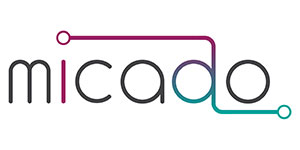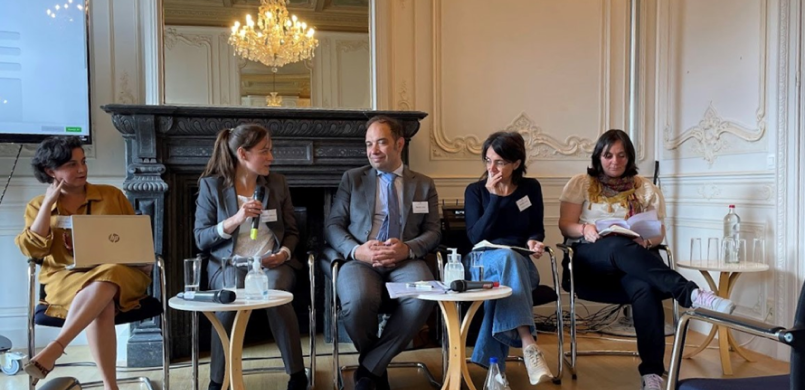
13 Jul MICADO event at the Hanse Office in Brussels
How can digital products support arrival processes of migrants and refugees? How can digital solutions simplify the work processes of public authorities? Questions like these were centre stage at the MICADO event at the Hanse Office – the representation of the Free and Hanseatic City of Hamburg in Brussels. On the 2nd of June 2022, MICADO ambassadors presented the MICADO solution to EU policy experts and city representatives in an in-person event that had been organized by FHH and HCU in cooperation with the Hanse Office. In the following section we share some of the highlights of the day:
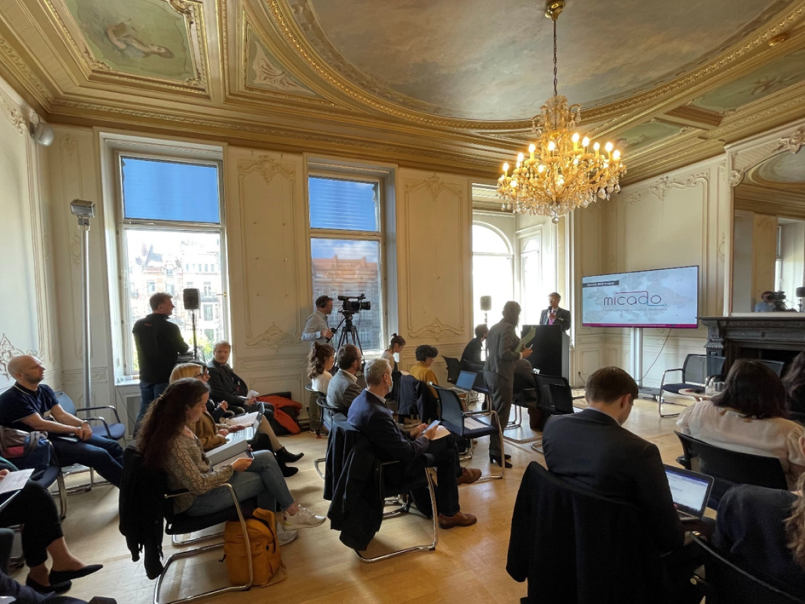
The event started with the opening remarks by Claus Müller the Director of the Hanse-Office who stressed the positive cooperation between the Hanse Office and projects such as MICADO. His warm welcome was echoed by Sergey Lagodinsky, Member of the European Parliament (Greens/EFA), who shared his own migration story and remarked the importance of improving access to information for incoming migrants. The event was moderated by Julie-Ann Shiraishi, Senate Chancellery of the Free and Hanseatic City of Hamburg.
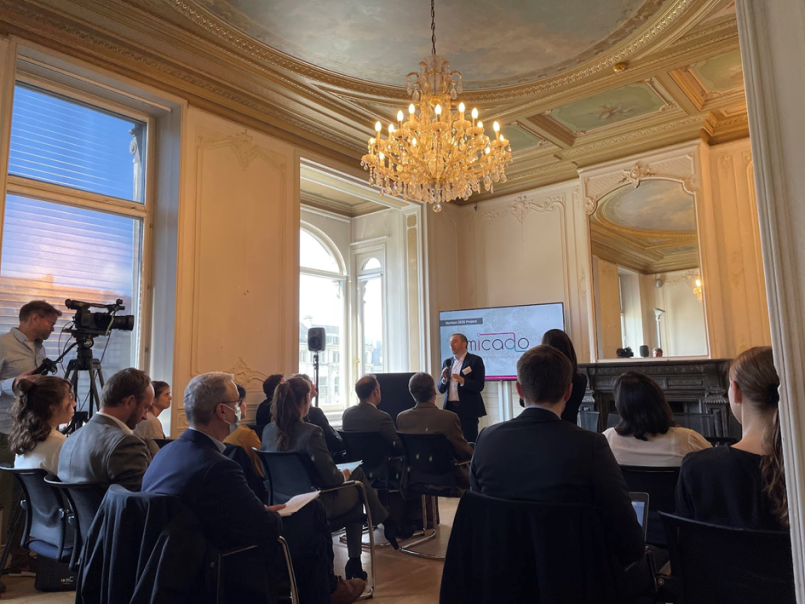
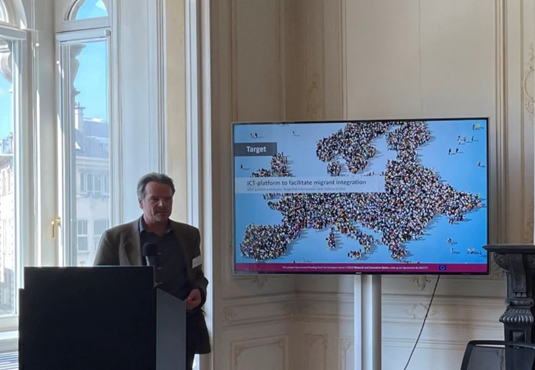
Jörg Rainer Noennig, Professor for Digital City Science, HafenCity University Hamburg, introduced the audience to the beginnings of the MICADO project. He demonstrated how MICADO turned from an idea into a solution which is ready to be implemented in cities and municipalities across Europe.
Representatives from the four MICADO pilot cities shared their insights from the local piloting phase in Hamburg, Madrid, Bologna and Antwerp: namely Valeria Lemaitre, Project Specialist at ATLAS, Carla de Tona, Research Fellow at the Department of Sociology and Business Law at the University of Bologna, Marta Burgos from the Directorate of Societal Services and Innovation at the Regional Government of Madrid and Klara-Marie Brandenburger, Research Associate at the HafenCity University Hamburg. As local experience demonstrates, digital solutions need to be adapted to specific local needs.
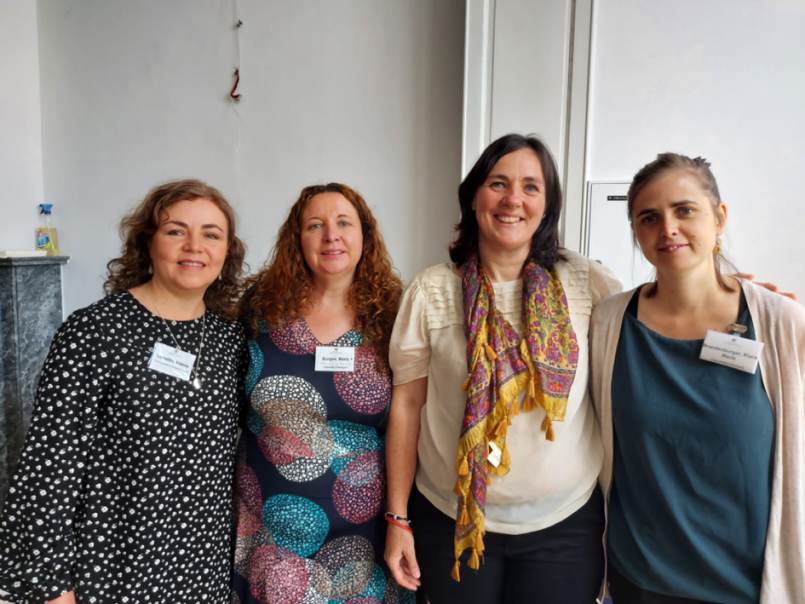
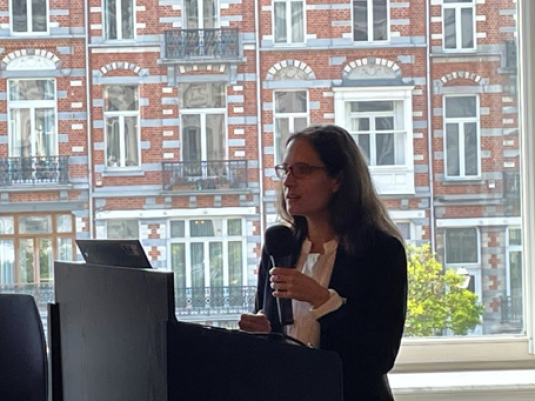
The next session was dedicated to the uptaking of the Micado solution. Jörg Rainer Noennig did a live demonstration of the MICADO application, showcasing the main functions and features of the adaptable toolbox of MICADO.
Melina Breitegger, Researcher and Project Manager at SYNYO, introduced the MICADO online marketing strategy which includes the setup of an information hub for interested future uptakers, accessible at: https://solutions.micadoproject.eu/
While the event was aimed at celebrating the MICADO solution and its local uptake, the project partners also took the opportunity to address lessons learned and point to difficulties encountered during the project implementation, such as issues of sustainability, business development and the challenge to bring MICADO to the market.
In a similar vein, a roundtable discussion was dedicated to the requirements for successful local uptake of digital solutions developed by EU-funded projects. Luca Barani, Policy Officer at the European Commission DG Migration and Home Affairs shared the EU perspective on funding and uptake. Maria Grazia Montella from the Council of European Municipalities and Regions (CEMR) discussed the challenges of implementing best practice solutions in different European municipalities. Grazia Concilio, Project Coordinator of the H2020 easy Rights project, shared some of the practical challenges her project partners faced in the easy Rights project. Carla de Tona, Research Fellow at Department of Sociology and Business Law at University of Bologna, highlighted the importance of developing policies that take into consideration the perspective and needs and migrants.
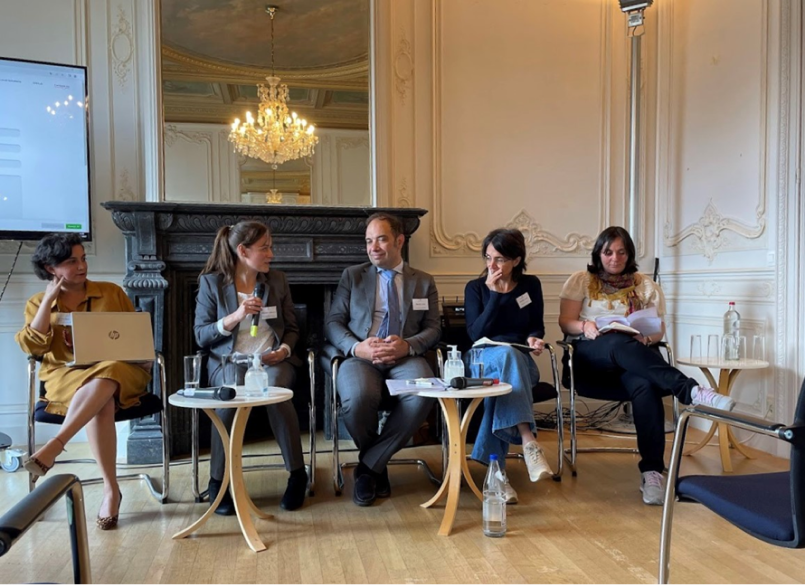
The MICADO team highlighted the importance of developing solutions not only for migrants, but together with them. The event in Brussels was an opportunity to share important results of the project and to prepare for the next steps for implementing MICADO in cities and municipalities in Europe.
